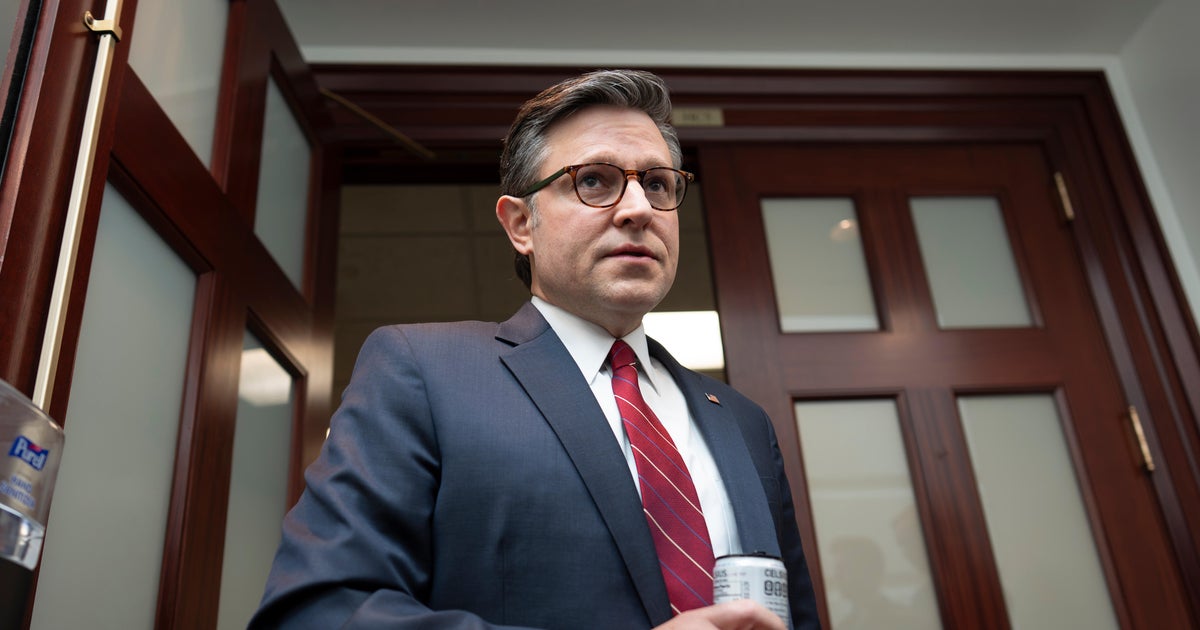

A new study released Friday found that young children diagnosed with attention-deficit/hyperactivity disorder, or ADHD, are often prescribed medication too quickly.
The study, led by Stanford Medicine and published in JAMA Network Open, examined the health records of nearly 10,000 preschool-aged children ages 3 to 5 between 2016 and 2023 who were diagnosed with ADHD.
"ADHD is a disorder characterized by difficulty paying attention, or what we call hyperactivity, which is sort of like kids that have a hard time sitting still, they have a lot of energy," explained Jamie Howard, a senior clinical psychologist with the Child Mind Institute, which specializes in treating anxiety and mood disorders in children.
Howard, who was not involved in the study, said that when treating ADHD in young children, clinical guidelines call for starting with "behavioral intervention."
"We always want to start with the lowest possible harm," Howard said. "It does very little harm doing a behavioral intervention."
The Stanford study found that about 68% of those children who were diagnosed with ADHD were prescribed medications before age 7, most often stimulants such as Ritalin, which can help children focus their attention and regulate their emotions.
The turn to medication often came quickly, according to the study. About 42% of the children who were diagnosed with ADHD were prescribed drugs within 30 days of diagnosis, the study found.
"We don't have concerns about the toxicity of the medications for 4- and 5-year-olds, but we do know that there is a high likelihood of treatment failure, because many families decide the side effects outweigh the benefits," Dr. Yair Bannett, assistant professor of pediatrics at Stanford Medicine and the lead author of the study, said in a statement.
Those side effects can include irritability, aggressiveness and emotional problems, according to Bannett.
"The high rate of medication prescriptions among preschool-age children with ADHD and the lack of delay between initial diagnosis and prescription require further investigation to assess the appropriateness of early medication treatment," the researchers concluded.
The study also found that the vast majority of the young children diagnosed with ADHD, about 76%, were boys.
"I think that people have an association with ADHD and stimulant medication," Howard said. "...But there is actually a lot more than that. And we want to give kids the opportunity to use these other strategies first, and then if they need medication, it can be incredibly helpful for a lot of kids."










-3.png)



